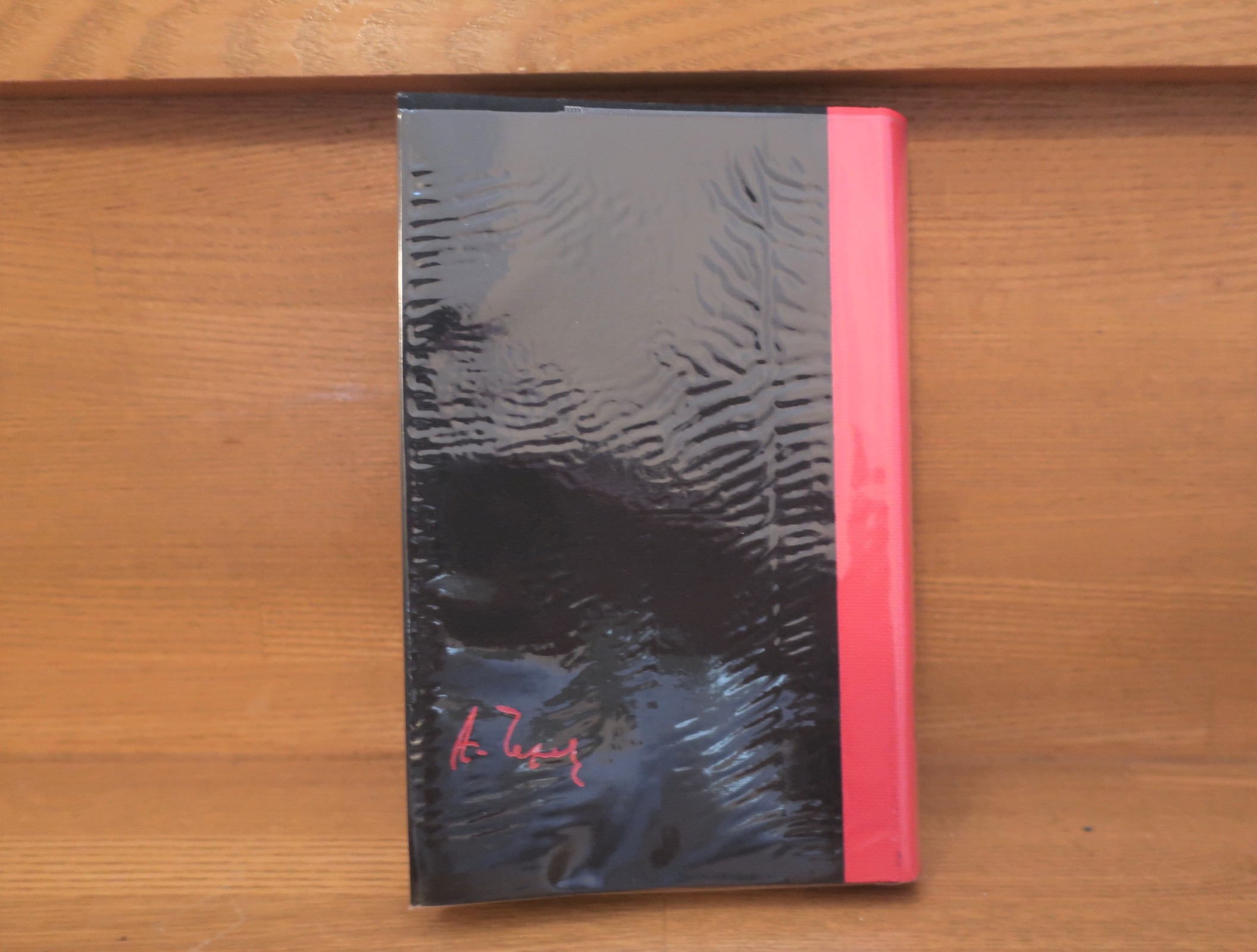Chekhov's "Kake" Synopsis and Impressions - A masterful short film that explores what true freedom is.
The "Kake" was first published by Chekhov in 1889, and was substantially revised and republished in 1901.
I read "Kake" in "The Complete Works of Chekhov 8" translated by Kiyoshi Kaminishi, Kentaro Ikeda, and Takuya Hara, published by Chuokoronsha.
We will look at the synopsis immediately. Again, we will refer to Seiro Sato's "The World of Chekhov's Art.
The storyline begins with a conversation between a banker and a lawyer over the question of whether the death penalty or a life sentence is more cruel.
Chikuma Shobo, Seiro SatoThe World of Chekhov's Art.P219
The jurist argues that a life sentence is more unethical and painful than the death penalty, but then the banker suddenly becomes passionate and says to him, "I'm sorry, but I don't think I can do it.
You are wrong! I'll spend two million rubles on you, but you can't sit in a cell for five years.
If you really mean it," the jurist replied, "I'll stay here for not five but fifteen years. If you are serious," the jurist replied, "I will stay here for not five, but fifteen years.
Fifteen years? Interesting!" The banker exclaimed. Gentlemen, I'll spend two million rubles!
I will! You put your money on it and I will put my freedom on it!" The jurist said.
Chuokoronsha, The Complete Works of Chekhov 8, translated by Kiyoshi Kaminishi, Kentaro Ikeda, and Takuya Hara, p. 183
Thus began the ultimate wager over freedom or money.
The jurist is confined to a small room and enters confinement with the promise that if he needs anything, the banker will turn it in.
The first year passes in solitude, boredom, and piano playing. He abstains from alcohol and cigarettes and strives for abstinence. In the second year, he cannot hear music anymore. He reads the classics constantly. This is a period of internal submergence. Four years of this man's life can be described as a period of "purity.
Around the fifth year, he begins to seek alcohol. He drinks, eats, and misses frequently, he no longer reads books, he writes things down and erases them, and he sometimes cries. The secular period against the pure came as a reaction.
From the second half of the sixth year, he begins to read seriously books on language, 晢学, and history. And they want to know what's left of their efforts. At the very least, he wants to make a proof that he is still alive.
After the tenth year, he never left his desk, reading his bible. This period continues for three or four years. Then he leaves the bible again.
This seems to indicate that faith is essentially a subjective and relative act, since human beings can believe or not believe. From pure to secular and back again. The process from objective pursuit to subjective self-sufficiency and then back to objectivity is an extremely interesting composition. There is a sense in which it is understandable. I feel human nature in this oscillation.
The last two years (Years XIV and XV) are spent binge reading without choice. The books read are either natural science, the Bible, or Shakespeare. This combination is also interesting. The binge reading of this period has the feel of a man struggling to escape a shipwreck.
Finally, the night before the end of the bet comes. Here, the work suddenly takes a "sudden turn. In that "sudden turn," the author has to give an answer. The author's own choice.
Chikuma Shobo, Seiro Sato, The World of Chekhov's Art, p. 219-220
It is very interesting to see how the lawyers behave during their confinement. I think this is a particularly interesting development for those who love to read.
Finally, the day before the appointed day, a certain "sudden change" occurs, as mentioned in the synopsis above.
If you stay in your room until tomorrow as promised, you will get two million rubles of gold. If you stay in your room until tomorrow as promised, you will get 2 million rubles, which is equivalent to 4 billion Japanese yen. (There are various theories, but the equivalent is 2,000 yen per ruble.)
Now, what will be his fate?
At the time, the banker with whom the bet was placed was on the verge of bankruptcy. There was no money to pay the bet. The fateful day was only tomorrow. So, after much deliberation, he plans to kill the lawyer. At night, he sneaks into the place of imprisonment. Leaning back against his desk, the lawyer nods his head, motionless as if he were dead. On the desk was a piece of paper. On the piece of paper, he had written his feelings about the past fifteen years.
Reading in confinement made me wiser. I felt wiser than anyone else. At that point, I began to despise books, happiness, and wisdom. I realized that the world thinks lies are true and ugliness is beauty. I realized that the state of most people is, in other words, "ignorance is bliss" and "happiness is ignorance. This thought made me want to despise the things that people value. First of all, money. I wanted to despise the two million dollars that I could get in one day. I felt foolish for the long years of suffering I had endured for it. I was "trapped. Not only my body, but also my mind.
Having realized this, I have no choice but to leave without being paid. In order to gain spiritual freedom. With this in mind, he leaves five hours before the appointed time.
He had gained freedom of mind at the cost of fifteen precious years. An awakening had come. He had found his true self.
You are mad, and you are not walking in the right way. You take lies for truth, and ugliness for beauty. You would be surprised if for some reason a frog or a lizard were to grow on an apple or a citrus tree instead of fruit, or if a rose were to emit the smell of a sweaty horse. In the same way, I am amazed at you who substitute the sky for the earth."
It is the voice of the lawmaker's fifteenth year of awakening.
Chikuma Shobo, Seiro Sato, The World of Chekhov's Art, p. 220
To my surprise, he leaves the room himself five hours before the appointed time.
He awakened to his true self after 15 years. That is why he decided to leave without accepting the money. To gain true freedom.
This is a short story of only about 10 pages. But it contains a surprising amount of thought in this short story.
What is true freedom? What are we trapped in?
Fear not, Chekhov...
I can still understand if it were a full-length novel, telling a long story and thinking about deep-rooted issues. But I thought it was extraordinary that he could talk about such a condensed ideological issue in a short story of about 10 pages. Chekhov really amazes me.
I highly recommend it as it is an easy narrative read.
The above is a synopsis of Chekhov's "Kake" and my impression of it - a masterful short story that explores what true freedom is.
Next Article.
Click here to read the previous article.
Click here for a list of Chekhov's recommended works.
Related Articles





































